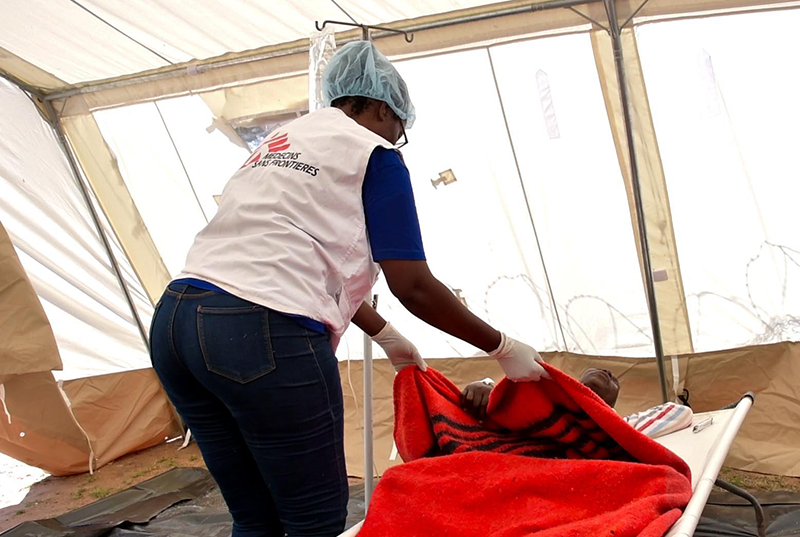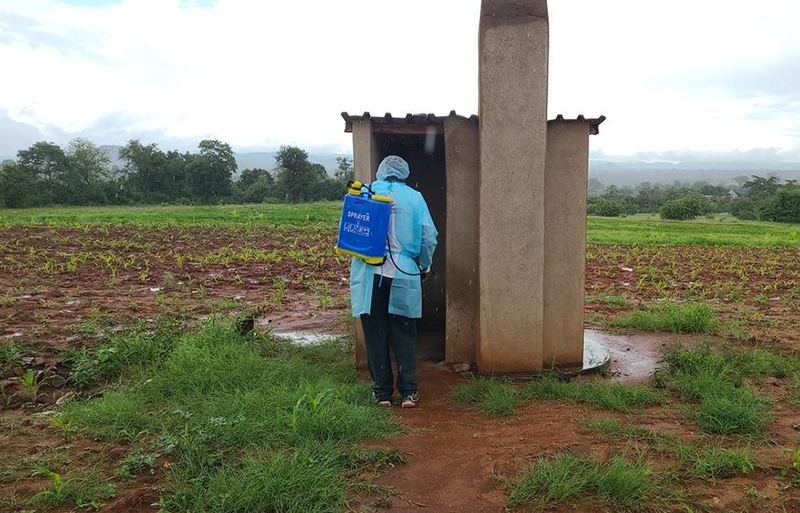- Featured
- No Comment
MSF welcomes end of cholera in Zimbabwe; warns about future outbreaks

By Agencies
GLOBAL medical charity, Doctors Without Borders (MSF) has welcomed the end of the latest cholera outbreak in Zimbabwe but the country must, among other things, invest in its water sanitation and hygiene infrastructure to prevent future pandemics.
Zimbabwe has officially declared the end of a cholera outbreak after nearly one and half years of battling with the second-biggest outbreak in its history.
The declaration follows 30 days of no cholera cases in the country.
“It is extremely encouraging to learn that the cholera outbreak has come to an end in Zimbabwe, given the magnitude of the outbreak, which claimed many lives and impacted many people,” said Elisha Sithole, Project Coordinator for the Cholera Outbreak Response Emergency Project, MSF in Zimbabwe.
The latest outbreak claimed 717 lives with the country recording 34,550 suspected cholera cases, according to data from the Ministry of Health and Child Care (MoHCC).

“This declaration by the Ministry of Health and Child Care (MoHCC) is a significant and welcome development, considering that it has been more than a year’s fight to contain cholera in the country, and a lot of effort went into this fight,” MSF said in a statement.
“While this is a positive development and a big win for the country, Doctors Without Borders (MSF) believes more can be done to prevent future outbreaks.
“To prevent people from continuously falling sick and to save lives, there would be a need for balance between having timely access to cholera vaccines and also ensuring Zimbabwe invests in its water sanitation and hygiene (WASH) infrastructure in both urban and rural communities as well as employing a holistic approach in fighting cholera.”
The MSF country team supported MoHCC in fighting cholera, intervening in six rural districts, three urban areas (including the capital city, Harare) and one prison.
“We believe and reiterate … that cholera can be prevented if different aspects are considered and a multidisciplinary approach is enabled, such as vaccination, water and sanitation, community engagement, leadership commitment, and case management,” the MSF statement added.
“We continue to advocate for cholera vaccination worldwide and call for more manufacturers to come on board and urgently produce oral cholera vaccines and at least provide two doses of the vaccine in hotspot areas rather than one dose, which only lasts for six months of protection, despite the global shortage of cholera vaccines. With two doses, immunity against infection lasts for three years.”
